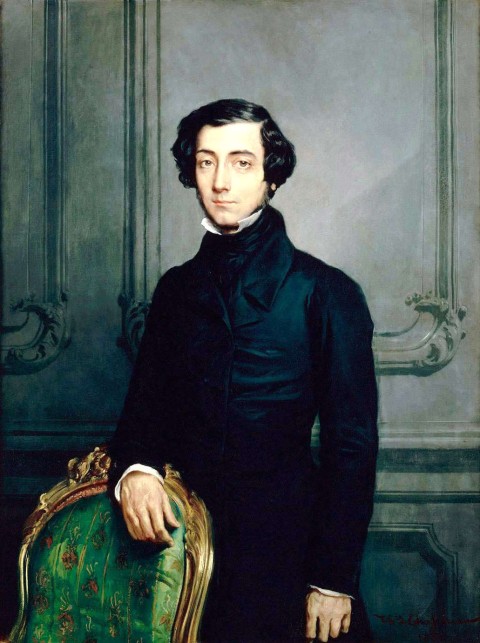Still exceptional?

What if the United States isn't just experiencing a deep recession but is entering a period of long-term economic decline? Analysts point out that in some ways the U.S. has already taken a backseat to China, which is the world's largest manufacturer and exporter. Goldman Sachs predicts that by 2027 China will have the world's largest economy. In Fortune's list of the largest companies in the world, three Chinese firms are in the top ten but only two American ones (Walmart and ExxonMobil). Meanwhile, China is financing the U.S. government's substantial and growing debt.
The narrative of inexorable economic decline is not entirely persuasive. The U.S. still has the finest set of universities in the world, which attract the best minds from all over the globe. Its entrepreneurial spirit and technological inventiveness are unmatched. The U.S. still dominates in what Joseph Nye has called "soft power"—the power of its ideas and culture, which much of the rest of the world still finds attractive. And it overwhelmingly has the world's most powerful military force.
Read our latest issue or browse back issues.
Nevertheless, we're likely to enter a period in which the U.S. is simply one of a number of economic powers that challenge one another for dominance. Paul Kennedy, a historian of the rise and fall of empires, suggests that such a situation would represent a return to the norm in world affairs.
What will be interesting to watch is how American people and leaders adjust to new economic constraints and diminished expectations. One temptation will be to look for scapegoats, at home and abroad.
At stake in this question is the long tradition of American exceptionalism—the myth that the U.S. has not only a unique history but a special destiny that makes it economically, politically and even spiritually greater than other countries. This strong version of American exceptionalism is an article of faith for some politicians, and it is likely to be a campaign theme in the 2012 presidential election. Mike Huckabee, a possible candidate in that election, says: "To deny American exceptionalism is in essence to deny the heart and soul of this nation."
But what is it that makes America exceptional? Its military might? Its economic power? One often hears that the U.S. is exceptional in offering its citizens unmatched economic opportunity. But in fact the U.S. has been surpassed by other countries in measurements of social mobility. With its widening gap between the rich and the poor, the decline of its middle class and crises in its health care and educational systems, the U.S. is no longer the golden land of opportunity.
Refashioning a sense of identity is hard, but it has been done. After the British realized that they no longer ruled a world empire, they fashioned an image of themselves as plucky underdogs who had stood up against the Nazis. Eventually, a new narrative of American identity will be needed. Surely Christians have something distinctive to contribute to that refashioning.






